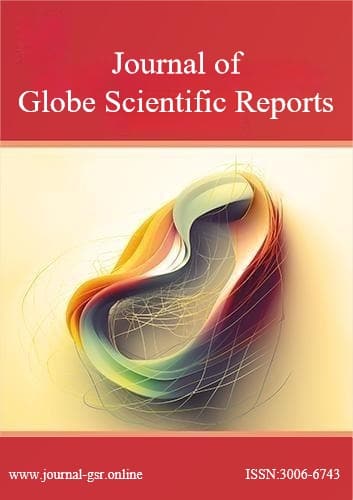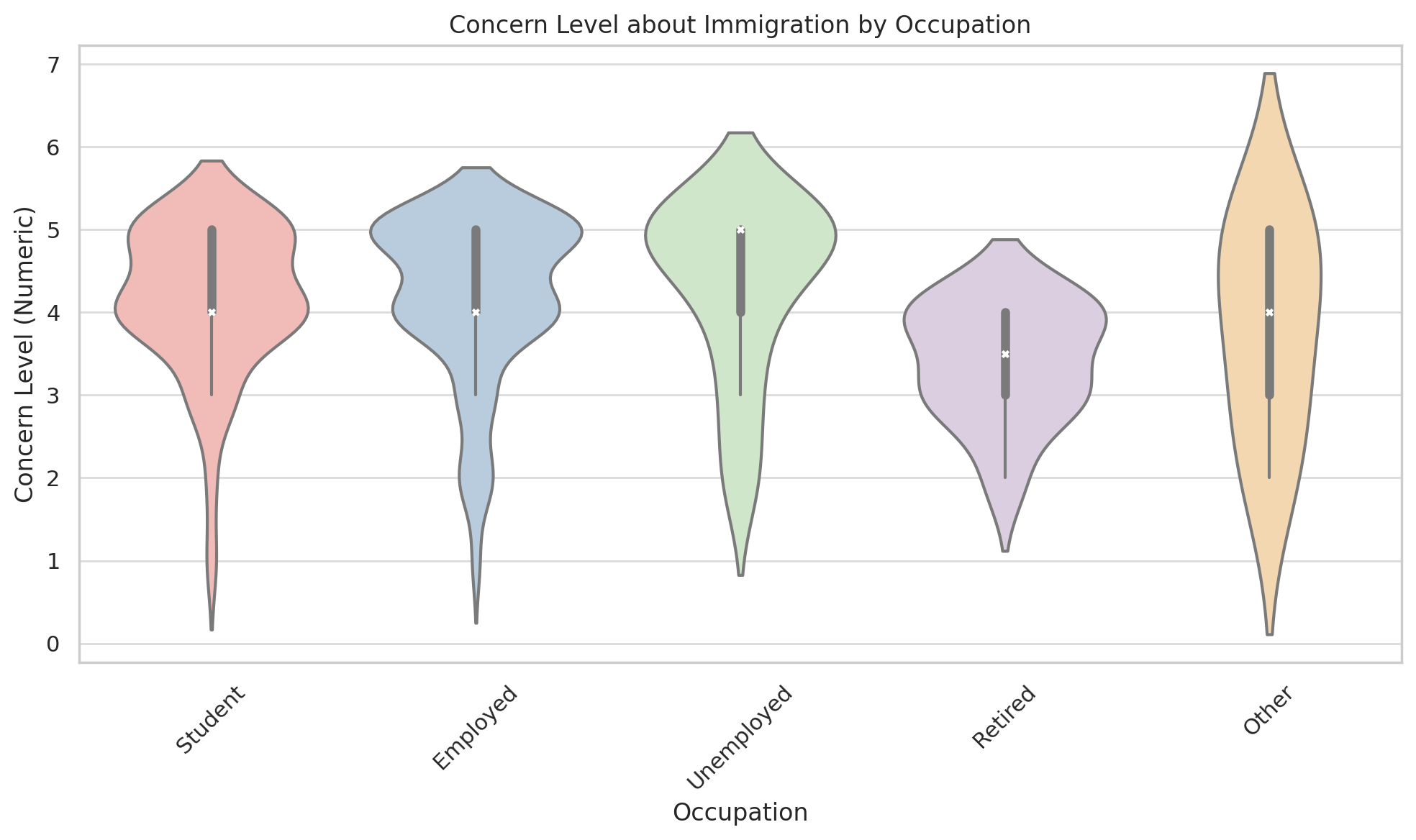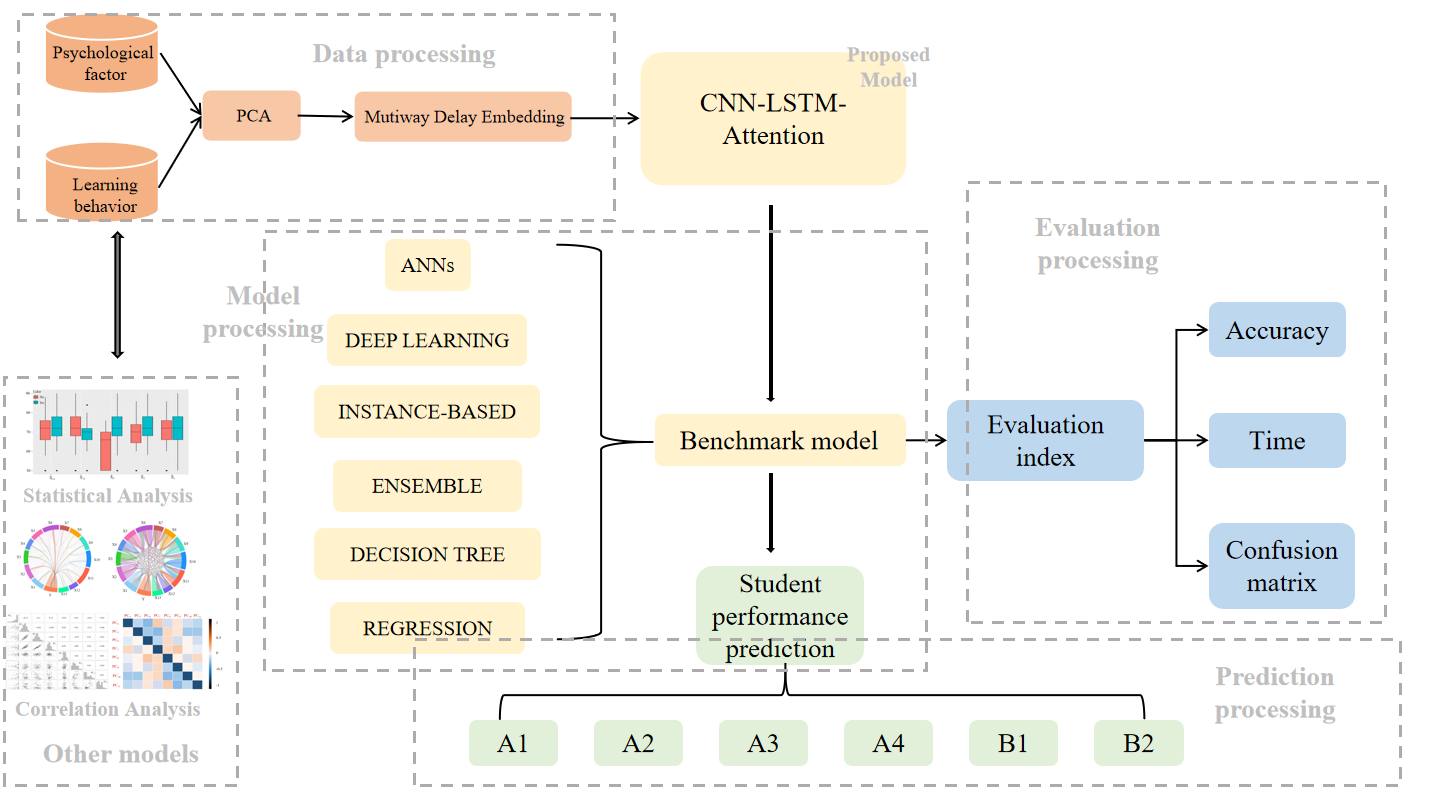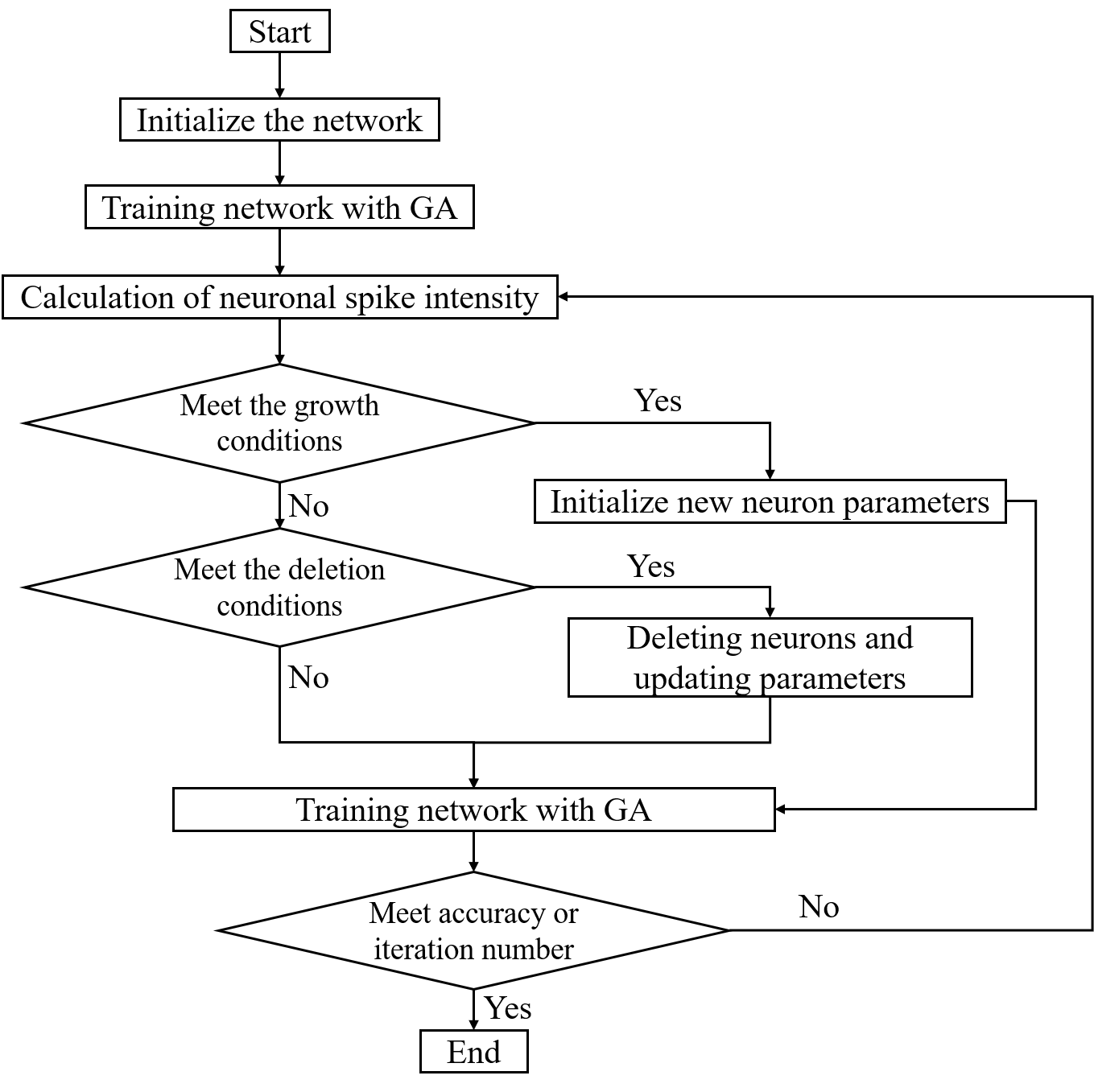 An open access journal
An open access journal
Examining the Current Situation and Pathways for the Inheritance of Chinese Traditional Culture through the Success of Black Myth: Wukong — An Analysis from the Perspective of Cultural Security
Abstract
The unprecedented success of the first domestically produced AAA game Black Myth: Wukong has sparked a wave of Chinese cultural export, providing insight into the current situation and pathways for the inheritance of Chinese traditional culture. From the perspective of cultural security, this paper analyzes how the inheritance of traditional Chinese culture faces opportunities arising from national economic development, heightened awareness of cultural security, improvements in national security systems, and globalization-driven cultural exchange. At the same time, it contends with challenges such as the concerning cultural environment, the plundering and loss of valuable cultural resources, and the immaturity of China's cultural discourse system. The success of Black Myth: Wukong also offers insights into the effective inheritance of Chinese traditional culture by emphasizing the need to harness the strengths of traditional culture, seize development opportunities, and enhance cultural security governance.
Share and Cite
Article Metrics
References
- Report to the 19th National Congress of the Communist Party of China: Securing a Decisive Victory in Building a Moderately Prosperous Society in All Respects and Striving for the Great Success of Socialism with Chinese Characteristics for a New Era [M]. Beijing: People's Publishing House, 2017:49.
- Hui Lin Hu. National Cultural Security Governance [M]. Shanghai: People's Publishing House, 2020:78.
- Zeming Peng. An Analysis of the Connotation and Extension of National Cultural Security [J]. Research on Cultural Soft Power, 2024, 9(03): 5-15.
- Liming Liu, Xiyu Li. Digital Technology's Response to Cultural Security Risks from the Perspective of Holistic National Security [J]. Research on Cultural Soft Power, 2024, 9(03): 16-30.
- Yuan Han, Maolin Su. On the Strategic Focus of China’s National Cultural Security: A Shift from "Maintaining" to "Shaping" [J]. China Cultural Industry Review, 2024, 34(01): 47-58.
- Yuanfang Tan. The Realistic Context and Practical Path of Maintaining National Cultural Security in the New Era [J]. China Cultural Industry Review, 2024, 34(01): 59-70.
- Rui Wang, Lei Zhao. Synergistic Interaction: The Hierarchical Structure of Ideological Security and Cultural Security [J]. Research on Party and Government, 2024, (01): 32-42+125.
- Ying Liu. Reflections on Basic Issues of Cultural Security [J]. Social Science Forum, 2023, (04): 224-230.
- Xuxing Gao. The Internal Logic, Theoretical Characteristics, and Value Implications of General Secretary Xi Jinping’s Important Discourse on Cultural Security [J]. Journal of the CPC Shijiazhuang Municipal Party School, 2023, 25(03): 4-8.
- Yanxia Qi, Mingming Meng. Research on the Governance of Internet Cultural Security in the New Era [J]. Southern Journal, 2021, (10): 91-93.
- Wenyuan Zhang, Qing Fan. Pathways for Safeguarding China’s Cultural Security in the Era of Converged Media [J]. Theoretical Monthly, 2021, (09): 95-103.
- Chongya Sun. Cultural Security Risks and Responses in the Age of Digital Imperialism [J]. Marxist Studies, 2021, (06): 115-123.
- Qingshan Liu. Challenges and Countermeasures Facing China’s Cultural Security in the New Era [D]. Advisor: Ximan Wang. Liaoning University, 2023.
- Chunhan Liu. A Study on the Inheritance of Traditional Chinese Culture from the Perspective of Cultural Security [D]. Advisor: Guangcai Zhang. Harbin Normal University, 2023.
- Meng Tang. Research on National Cultural Security Issues in the New Era [D]. Advisor: Ningxi Wang. Beijing Jiaotong University, 2022.
- Weiran Du. Research on Cultural Security Risks and Countermeasures in China’s New Era [D]. Advisors: Jiaming Zhang, Xiaodong Du. Wuhan Polytechnic University, 2021.






